“Refugees are mothers, fathers, sisters, brothers, children, with the same hopes and ambitions as us—except that a twist of fate has bound their lives to a global refugee crisis on an unprecedented scale.”
Khaled Hosseini
Standing in Solidarity with Refugees
Around the world, 82 million people have been forced to flee their homes, food crises have worsened, with protracted conflict, extreme weather and the pandemic exacerbating shortages, as many as 115 million people have been pushed into extreme poverty. With an increase in migration, European Countries have created policies that minimize and contain new arrivals – in effect, forgetting, ignoring, and neglecting their duty to protect and care for people. For this reason, World Refugee Day serves to highlight, honour, and recognize the strength and courage of refugees everywhere.
A Celebration Everywhere – World Refugee Day
Originally known as Africa Refugee Day, on June 20, 2001, the 50th anniversary of the 1951 Convention on the Status of Refugees, the United Nations (UN), for the first time, internationally recognized World Refugee Day. It was, and is, an occasion to build empathy and understanding for the plight of the most vulnerable and to recognize their resilience in rebuilding their lives. This includes Lesbian, Gay, Bisexual, Transgender and Intersex (LGBTIQ+) people who face discrimination, persecution and violence on a daily basis, often leaving them with no choice but to seek asylum elsewhere. Others, however, paralysed by fear, suffer in silence and attempt to hide their sexual orientation or gender identities to avoid danger, further compounding their vulnerability. In recent decades, the number of LGBTIQ+ refugees and asylum-seekers has risen, with most qualifying as ‘members of a particular social group’ officially recognized under the 1951 Refugee Convention.
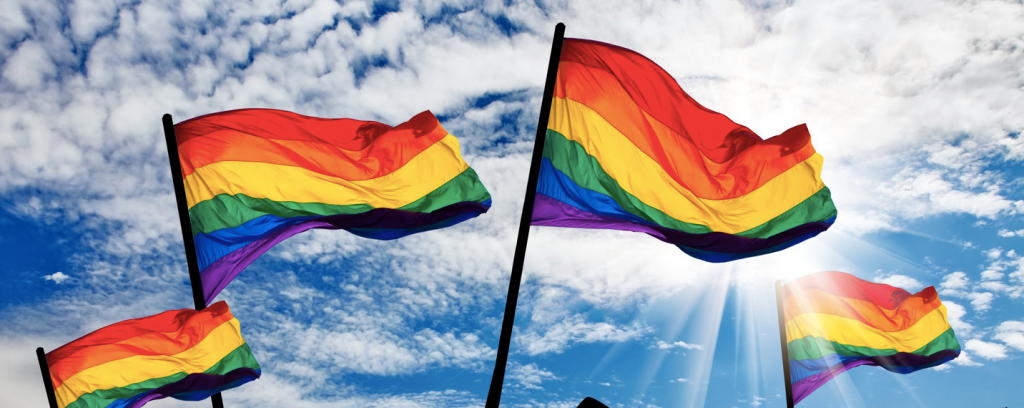
The Migration Health Impacts on Refugees
In the past year thousands of refugees have travelled from the Middle East to Europe in the hopes of attaining peace, finding a new home and living free from war. Their arduous journeys have been filled with poor living conditions, a myriad of health problems, and have exacerbated existing diseases due to limited access to basic healthcare. An inability to tackle modifiable risk factors has resulted in increasing severity and associated complications – consequently increasing morbidity and mortality. The prevention and early detection of non-communicable diseases (NCDs) are undoubtedly more cost-effective than managing the later stages of disease that not addressing NCDs within the European refugee crisis will most certainly come at a huge human and economic cost.
Among these refugees, pregnant women have been unable to access antenatal care, breastfeeding women haven’t been able to receive proper nutrition, vaccination rates of children have been worryingly low, and the lack of adequate hygiene has made refugees vulnerable to respiratory, gastrointestinal and skin diseases. Data gathered from 23,040 patients at Doctors of the World clinics in 25 cities across Europe found that more than half (54.2%) of the pregnant women surveyed had not had access to antenatal care and only one-third (34.5%) of children seen had been vaccinated against mumps, measles and rubella (MMR) and only slightly more (42.5%) against tetanus. One in five patients had given up seeking medical care or treatment because of difficulties, including financial and language barriers, administrative difficulties and a lack of knowledge and understanding of their rights.

Additionally, the traumatic experiences of refugees make them highly susceptible to psychological problems; an issue compounded by poverty, displacement and being victims of violence. More than 75% of Mediterranean Sea arrivals come from Syria, Afghanistan and Iraq, with the vast majority fleeing conflict and persecution. Traumatic experiences in the country of origin, compounded with displacement, loss and the unstable and unhygienic living conditions in camps lead to severe depression, panic attacks and debilitating forms of anxiety. These have long lasting intergenerational effects that may not be obvious initially.
What Can We as Global Health & Healthcare Professionals Do?
As global health professionals, World Refugee Day shines a light on the rights, needs and dreams of refugees, as well as our common humanity in helping to mobilize political will and resources so that refugees can not only survive but also thrive. It is of utmost importance that:
- We advocate for continued efforts to decongest camps, strengthen physical distancing measures, protect women & girls and provide life saving assistance.
- We stand against vaccine nationalism, fight for the human rights of refugees by advocating for COVID-19 vaccination plans to be inclusive and allow refugees to participate in national vaccine rollouts.
- We promote safe equitable migration and communities of belonging for people fleeing sexual orientation, gender identity, expression and HIV+ persecution.
- We ensure that undocumented migrants struggling to register with a physician, namely vulnerable people – including pregnant women, children and victims of trafficking –, are not refused or denied access to primary healthcare.
- We provide mental health resources, as well as psychological and psychosocial support through community support groups and art therapy sessions.
- We work alongside other organizations in creating safe spaces for LGBTIQ+ identifying people, help them access medical and psycho-social support and where possible, support the resettlement of LGBTIQ+ refugees in a country enabling them to live safely with their true identity.

There is no doubt that migration affects the health of refugees, however everyone has the right to appropriate medical care, regardless of their administrative or social status. Governments have a duty to ensure people can access the medical care they need and all countries must do more to provide healthcare for refugees and migrants who arrive on their shores.
Although the discourse around migration is highly politicised and often negative, now more than ever, health professionals must unite in defence of the right to provide and to receive medical care impartially. The international community has a responsibility to support hosting countries to ensure regional stability, and solidarity, as a shortfall in funding would leave hundreds of thousands unprotected, with few options to rebuild a life in dignity.
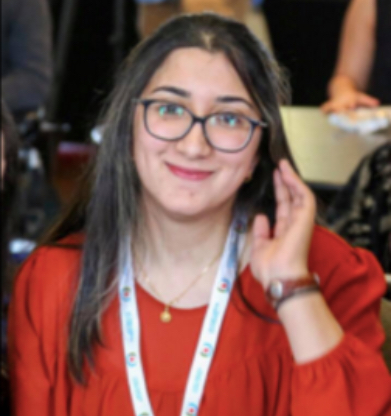
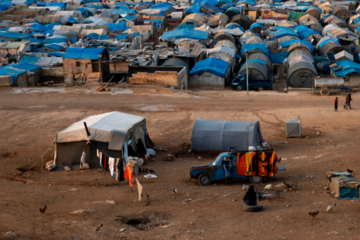
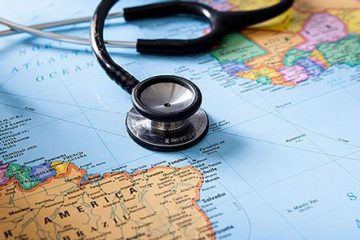
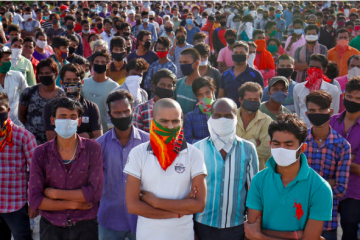
0 Comments